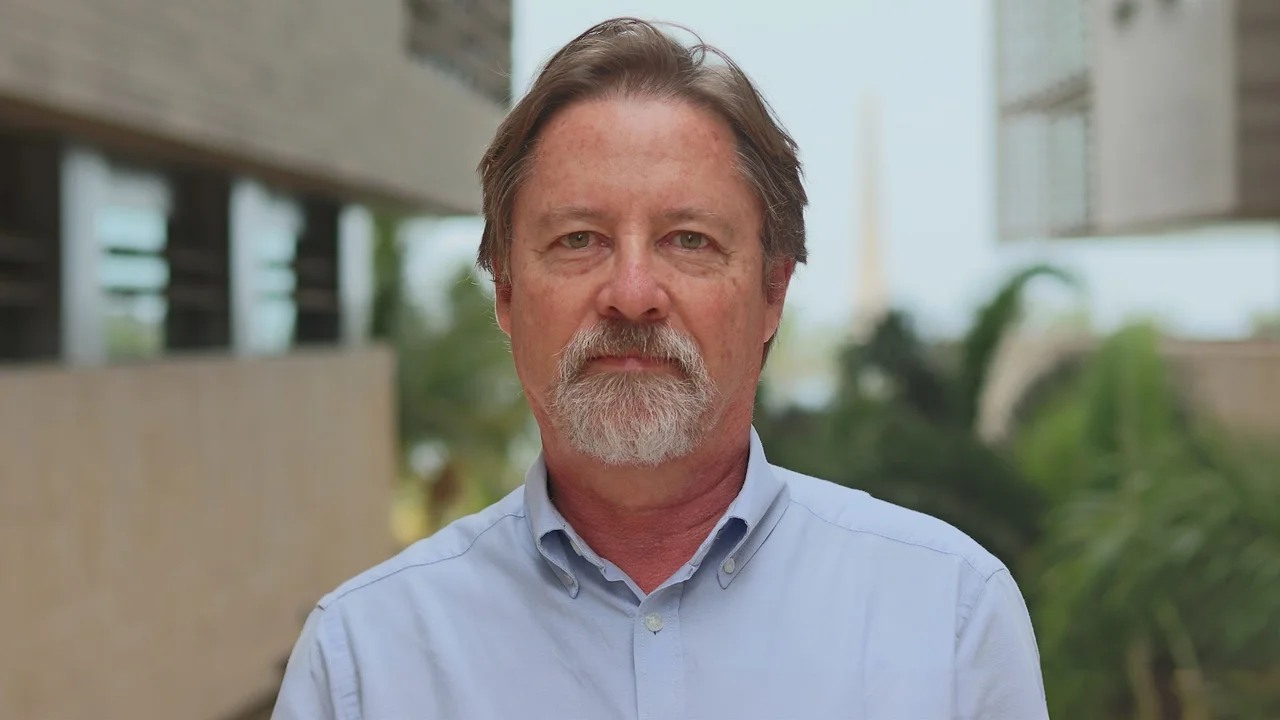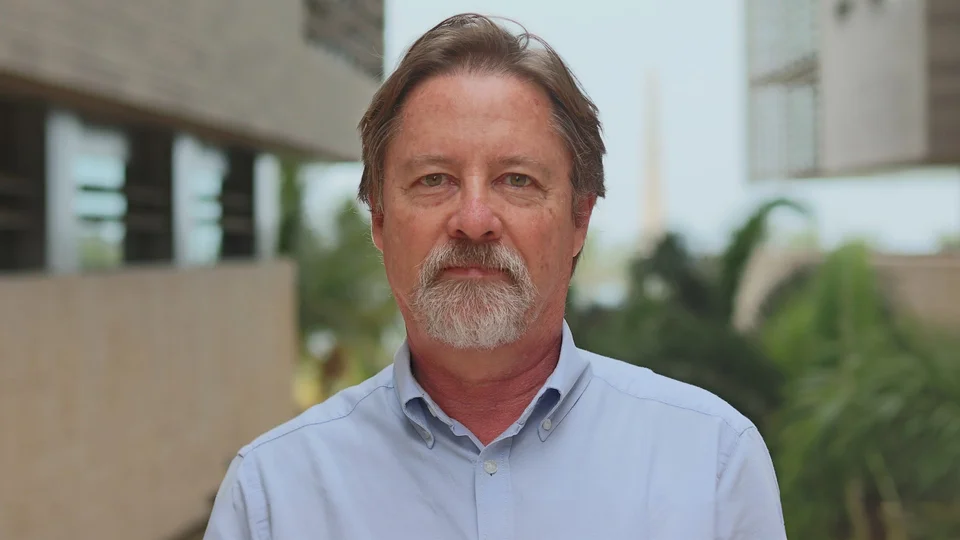
CEMSE New Faculty: Joaquín Ortega Sánchez, Instructional Professor, Statistics
Joaquín Ortega Sánchez is an instructional professor of statistics who joins the KAUST CEMSE Division after spending the last sixteen years working at the Mathematics Research Center (CIMAT) in Guanajuato, Mexico. Born in Venezuela, Ortega completed his postgraduate and graduate studies in London, where he studied mathematics at King’s College London, before obtaining his Ph.D. in Probability Theory across the city at Imperial College London. After his time in the U.K., he returned to his native Venezuela where he worked for over 20 years at the Universidad Central de Venezuela, Caracas. Over the course of his career, Ortega’s research work has focused on stochastic processes, specifically Gaussian processes and time series with applications in oceanography and biostatistics. And more recently his work has focused on functional data analysis.
About
By David Murphy
Joaquín Ortega Sánchez is an instructional professor of statistics who joins the KAUST CEMSE Division after spending the last sixteen years working at the Mathematics Research Center (CIMAT) in Guanajuato, Mexico. Born in Venezuela, Ortega completed his postgraduate and graduate studies in London, where he studied mathematics at King’s College London, before obtaining his Ph.D. in Probability Theory across the city at Imperial College London. After his time in the U.K., he returned to his native Venezuela where he worked for over 20 years at the Universidad Central de Venezuela, Caracas.
Over the course of his career, Ortega’s research work has focused on stochastic processes, specifically Gaussian processes and time series with applications in oceanography and biostatistics. And more recently his work has focused on functional data analysis.
In the past, he has taught courses on stochastic models, time series, measure theory, advanced probability, extreme value theory, statistical consulting, and functional data analysis. His career has seen him teach courses at several institutions around the world, including the Venezuelan Institute of Scientific Research, The University of Paris-Sud in Orsay, France, and The University of Valladolid in Spain. At KAUST, Ortega will take up a principal role as a course instructor in statistics, with the option to lend additional support to selected mathematics courses.
“I teach general statistics courses that have an important applied component and rely on the use of computational statistics tools. I also collaborate in the selection process for new students in the statistics section.”
Prior to joining KAUST, Ortega had visited the campus twice beforehand in 2017 and 2018, respectively, by invitation of Professor Hernando Ombao. Ombao invited him to KAUST to work with his Biostatistics Research Group and to give short courses on time series analysis. These initial visits to the University impressed Ortega so much that, in January of this year, he decided to spend a sabbatical year on campus as a visiting faculty before applying for his current position.
“KAUST certainly impressed me with how much it has achieved in such a short time. I feel that the atmosphere in KAUST has energy. There are many resources, but the challenges are also substantial. However, there is a sense of real purpose here.
“I am enjoying learning how to use pedagogical resources that are available at KAUST and are new to me. I feel there is a genuine drive at the University for top-quality education. I am proud to be part of this effort. I have never lived in such a culturally diverse environment, and I find thoroughly stimulating.”
Moving forward, Ortega is excited to get the opportunity to work with some of the brightest young minds in the field of statistics, and to play a part in inspiring and challenging them to continue with their studies and to explore new avenues of research. He acknowledged that he is looking forward to the challenge of designing courses that are attractive to students with such different interests and backgrounds.
“I hope to be able to convey the usefulness of statistics and its importance in today's world. For many of the students, statistics will be a fundamental tool in the future and having a solid training will allow them to make the most of it.”
With the hindsight of time, he also has some pertinent advice for his younger self: “Start working on applications sooner, and focus on the applications with an eye on solid theoretical bases.”
